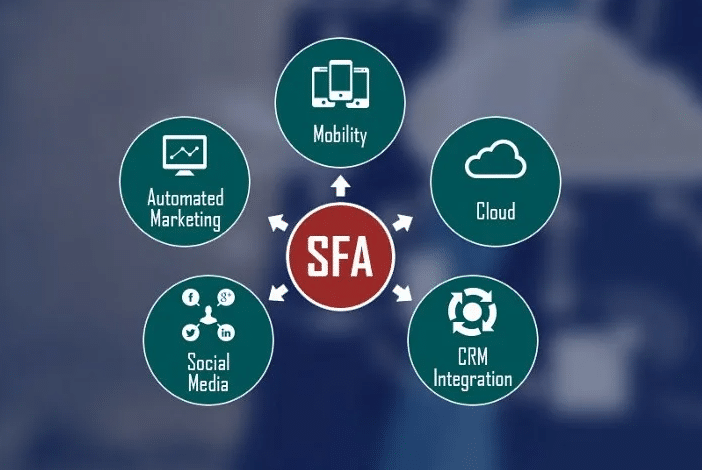In the dynamic business world, maintaining a competitive edge is a top priority for every sales team. One of the paths to achieving this is through the adoption of sales automation tools. This article elucidates the transformative potential of these tools and provides a detailed analysis of how they can refine the sales process.
Unpacking Sales Automation
In a nutshell, sales automation is the mechanization of manual, time-consuming sales tasks via software, allowing sales teams to streamline their workflows, bolster efficiency, and focus on what they do best: selling. But what makes this possible? Enter sales automation tools – the game changers in the modern sales arena.
Streamlining Sales Tasks with Automation

Traditional sales approaches can often be cumbersome, fraught with repetitive tasks such as data entry, follow-ups, scheduling meetings, and report generation. Sales automation tools serve to eliminate these mundane tasks, saving precious time and resources, which can be redirected towards strategic operations like customer interaction and closing deals.
Data Management and Analysis
A critical function of sales automation tools is the efficient management and analysis of data. By automating data input, these tools eliminate the risk of human errors, ensuring accuracy. Moreover, they can analyze this data, providing sales teams with actionable insights into customer behavior and sales patterns.
Enhancing Customer Relationship Management
Sales automation is not just about accelerating sales operations; it’s also about improving customer relationships. Sales automation tools integrate with Customer Relationship Management (CRM) systems, providing real-time updates on customer interactions, purchasing patterns, and preferences. This information helps sales teams tailor their interactions, enhancing customer satisfaction and loyalty.
Personalization at Scale
One of the salient features of sales automation tools is their ability to facilitate personalization at scale. They can automatically personalize communications such as emails and notifications based on customer data, making customers feel valued and increasing engagement rates.
Forecasting Sales Trends
Predicting future sales trends is crucial for strategic planning. Sales automation tools, with their advanced analytics capabilities, can analyze historical data to predict future sales trends, helping businesses stay ahead of the curve.
Choosing the Right Tool: A Strategic Decision
With an array of sales automation tools available in the market, choosing the right one is a strategic decision. It should align with the specific needs of the business, be user-friendly, offer robust customer support, and, importantly, provide room for scalability as the business grows.
Conclusion: Embracing the Future of Sales
Sales automation tools represent a significant advancement in the sales sector, offering unprecedented efficiency and accuracy. By automating tedious tasks, managing and analyzing data, enhancing CRM, personalizing communications, and forecasting sales trends, these tools are revolutionizing the sales process.
Embracing sales automation tools is not just about staying relevant; it’s about thriving in a highly competitive business environment. Businesses that adapt to this technological shift will be better equipped to enhance their sales efficiency, improve customer relationships, and ultimately, increase their bottom line.
In essence, the future of sales is here, and it is automated. Sales teams must seize this opportunity and unlock the full potential of automation, driving their businesses towards a more prosperous future. The age of sales automation is not coming; it’s already here. Is your business ready for it?
Read More:
- Understanding CRM: Unleashing the Power of Customer Relationship Management
- Types of CRM Software: A Comprehensive Overview
- How B2B Sales Teams Win with Digital Commerce: A Strategic Insight
- Demystifying the Digital: What is Digital Marketing?
- Sales Automation Tools: Supercharging Efficiency in the Sales Ecosystem